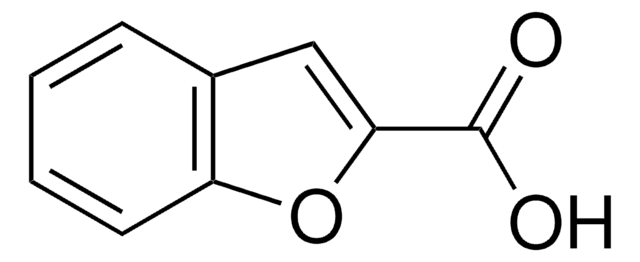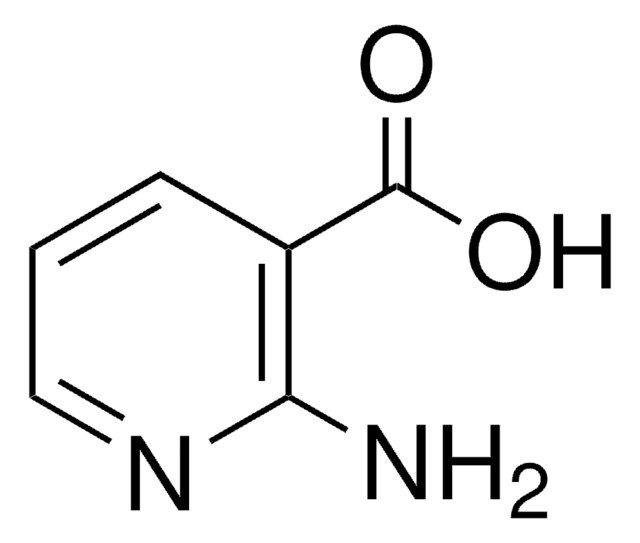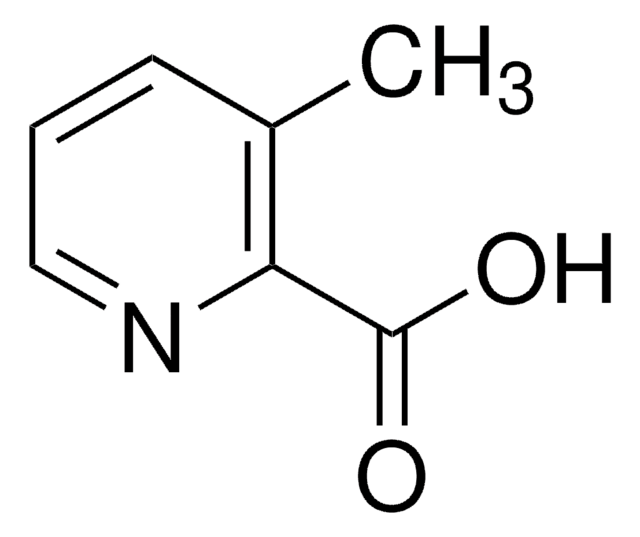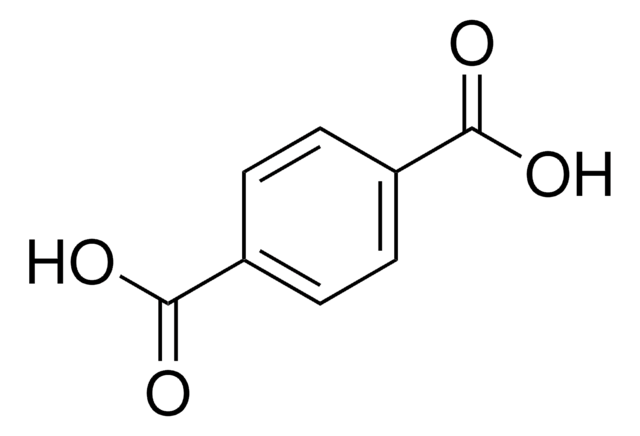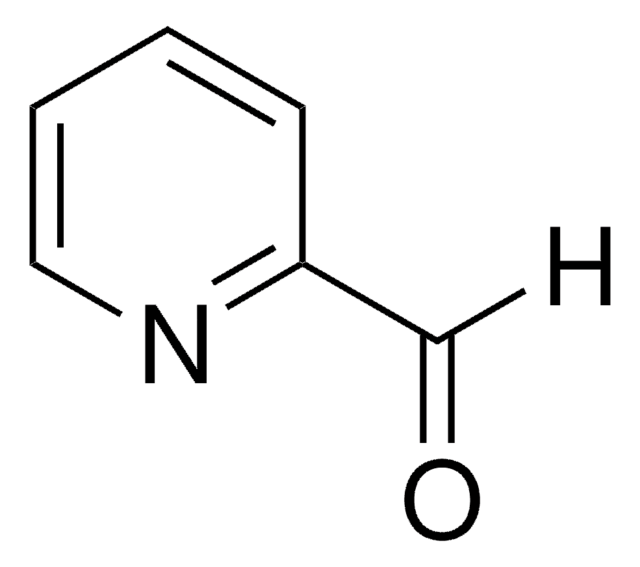325228
2-Methylpyridine-3-carboxylic acid
98%
Synonyme(s) :
2-Methylnicotinic acid, 2-Methylpyridine-3-carboxylic acid
About This Item
Produits recommandés
Niveau de qualité
Essai
98%
Pf
228-230 °C (dec.) (lit.)
Groupe fonctionnel
carboxylic acid
Chaîne SMILES
Cc1ncccc1C(O)=O
InChI
1S/C7H7NO2/c1-5-6(7(9)10)3-2-4-8-5/h2-4H,1H3,(H,9,10)
Clé InChI
HNTZKNJGAFJMHQ-UHFFFAOYSA-N
Vous recherchez des produits similaires ? Visite Guide de comparaison des produits
Application
Mention d'avertissement
Warning
Mentions de danger
Conseils de prudence
Classification des risques
Eye Irrit. 2 - Skin Irrit. 2 - STOT SE 3
Organes cibles
Respiratory system
Code de la classe de stockage
11 - Combustible Solids
Classe de danger pour l'eau (WGK)
WGK 3
Point d'éclair (°F)
Not applicable
Point d'éclair (°C)
Not applicable
Équipement de protection individuelle
dust mask type N95 (US), Eyeshields, Gloves
Faites votre choix parmi les versions les plus récentes :
Déjà en possession de ce produit ?
Retrouvez la documentation relative aux produits que vous avez récemment achetés dans la Bibliothèque de documents.
Notre équipe de scientifiques dispose d'une expérience dans tous les secteurs de la recherche, notamment en sciences de la vie, science des matériaux, synthèse chimique, chromatographie, analyse et dans de nombreux autres domaines..
Contacter notre Service technique